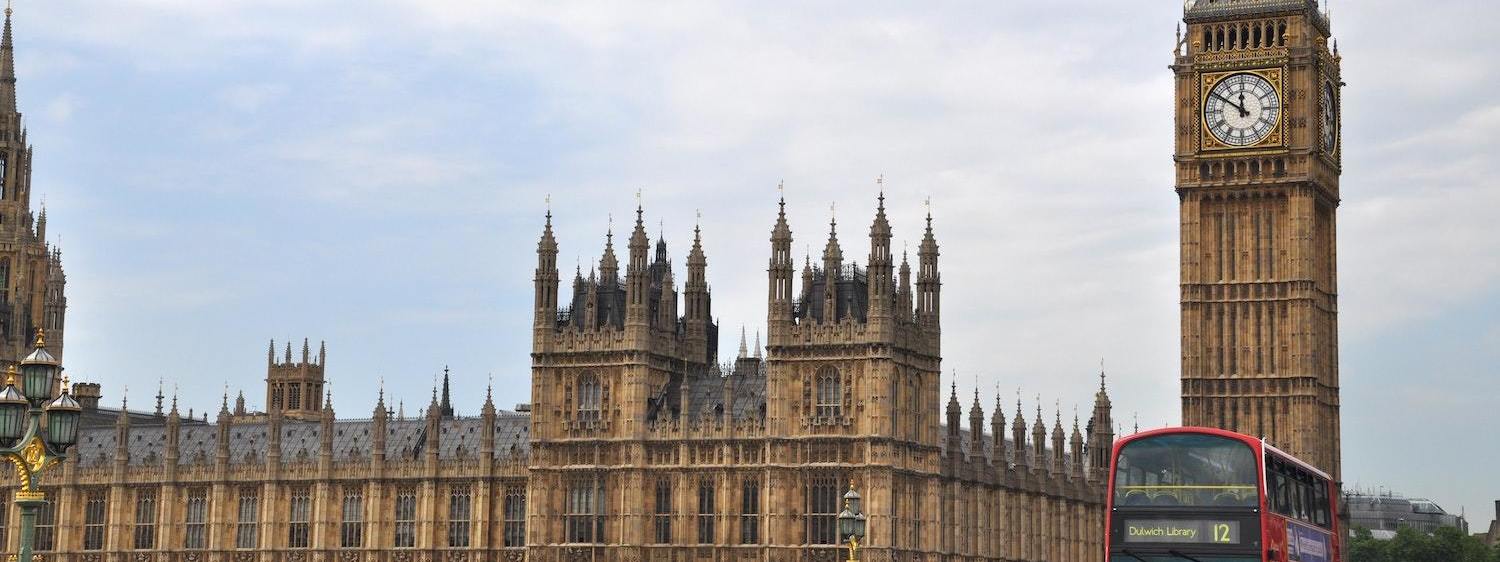Mini Budget September 2022: What You Need to Know
This morning, Chancellor Kwasi Kwarteng announced his first Mini Budget. The economic changes planned by the Government are actually significant, with Nick Eardley, Chief Political Correspondent at the BBC, saying that “This is not a mini budget. This is a big tax-cutting moment for the economy,” whilst the founder of Money Saving Expert, Martin Lewis, has described the Mini Budget as “staggering”. The question is, what do these changes mean for you, your business and your hard-earned cash?
To help you digest what the Mini Budget will bring in the coming months, here’s a quick yet comprehensive roundup of what was announced:
The basic rate of income tax will be cut by 1p to 19p from April 2023.
The 45p tax rate for top earners over £150,000 will be abolished, also from April next year.
The level at which house-buyers begin to pay stamp duty is doubled from £125,000 to £250,000.
First-time buyers will pay no stamp duty on homes worth £450,000, up from £300,000.
The previously planned rise on corporation tax from 19% to 25% is to be scrapped.
The 1.25% rise in National Insurance is to be reversed from 6 November.
The cap on bankers' bonuses, which limited rewards to twice the salary level, has been axed.
The cost of subsidising both domestic and business energy bills will cost £60bn for the next six months.
Strike action: unions will be required to put offers to members during pay talks.
The UK is to introduce sales tax-free shopping for overseas visitors, which could boost the economy.
The main or at least most widely impactful changes are the reversal of the 1.25% rise in National Insurance (the social care levy) from 6th November 2022 and the reduction of income tax by a penny from April 2023. Though these figures may sound relatively small, they can make a big difference to an individual’s take-home pay on a monthly and especially an annual basis.
Limited company directors will also be pleased with the cancellation of what would have been a major increase in corporation tax, plus the removal of the upper level 45p tax rate will be welcome news to high earners.
Further details are still to be released regarding the exact nature of the energy bill support scheme, which we’ll share as soon as they’re made available.
Tailored tax advice for individuals and business owners
If you’d like to have a chat about what these changes could mean for you and your business, as well as access tailored advice on how to reduce your tax bills, please call our Yorkshire office on 01482 235575, our London office on 0207 885 0605, or fill in the contact form below.
Tagged as: Government Updates
Share this post:

